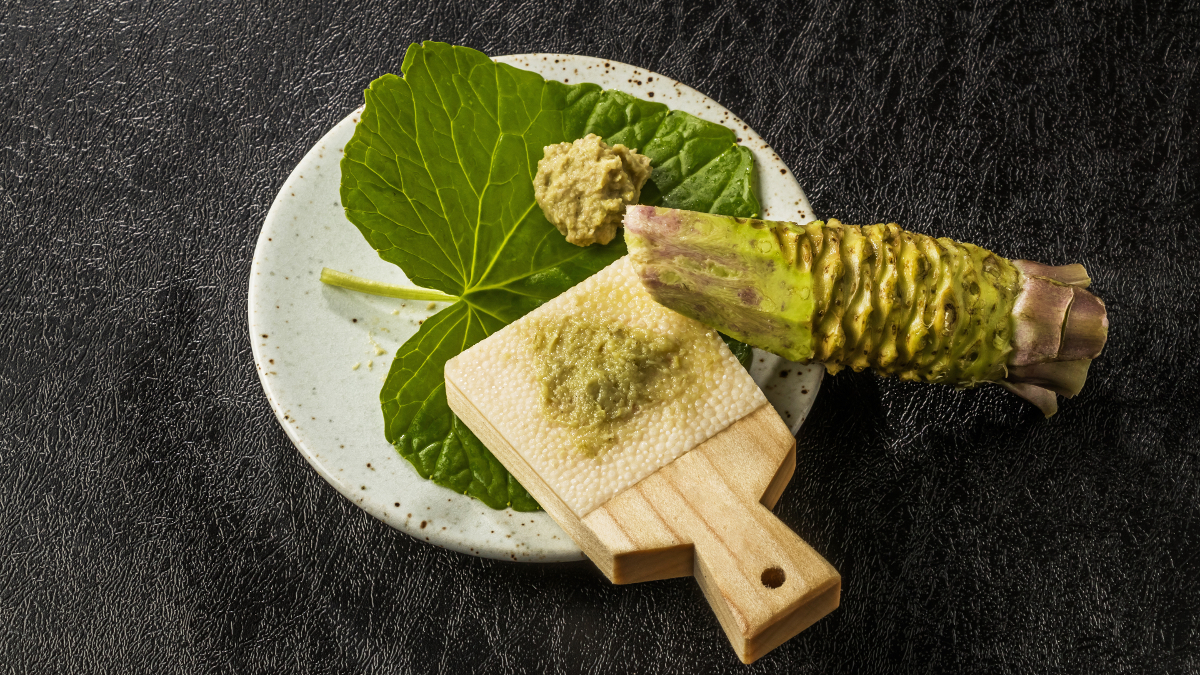[ad_1]
A peppery vegetable known to those who love Japanese cuisine turns out to be a memory keeper
Memory protection from the ravages of old age is ensured by lovers of Japanese cuisine who dare to put wasabi on their plate. According to a recent study published in Nutrients, the spicy vegetable found in Japan and the depths of eastern Russia and commonly consumed as a condiment can protect the short-term and long-term memory in old age.
A group of researchers specializing in cognitive health and aging from various research institutions in Japan wanted to cross-reference the rumors of wasabi as guardian of the cognitive functions that made dietary supplements of the spicy vegetable wild. The basic hypothesis attributes its effectiveness to its calming effect on the brain. After all, the vegetable is a proven ally of human health which reduces systemic inflammation, most likely thanks to its antioxidant compound content 6 methylsulfinyl hexyl isothiocyanate (6-MSITC).
RELEVANT ARTICLES
The study involved two groups of a total of 72 Japanese volunteers aged 60-80 years, the experimental group receiving a wasabi tablet (with 0.8 milligrams of the compound 6-MSITC) every night before bed for 12 weeks, and the control group following the same instruction but taking a placebo. People with diseases that affect cognitive health, mental disorders, memory problems, were under specific medication or abused alcohol were excluded from the sample. All participants underwent tests of mental abilities and memory before and after the experimental procedure.
The test results showed that volunteers who received the wasabi supplement showed improvement in both long-term and short-term memory as well as performance in matching tests such as names with faces, an ability that has been shown to decline with age. However, they were not observed changes in cognitive ability as well. In contrast, the control group (placebo) made no progress.
